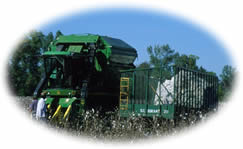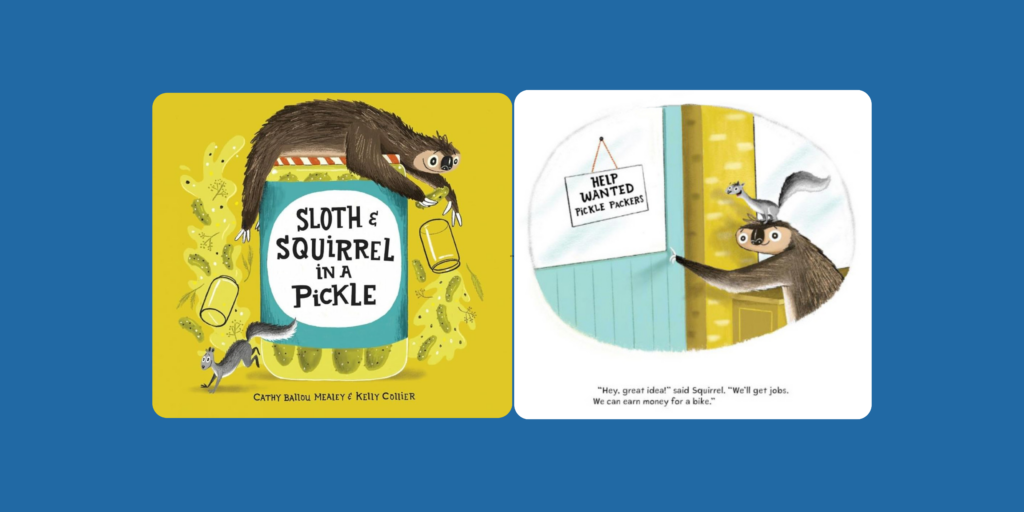
Grades K-2, 3-5

Don't have an account yet? Sign up for free
Don't have an account yet? Sign up for free

Learn about the status of farming as a career, investigate the management of a family farm, and examine one recent farm crisis in this lesson. You’ll need the Adobe Acrobat Reader to view some of the materials for this article.
Learn about the status of farming as a career, investigate the management of a family farm, and examine one recent farm crisis in this lesson. You’ll need the https://acrobat.adobe.com/us/en/acrobat.html to view some of the materials for this article.
Farming and agriculture have long been important parts of United States history. Indeed, Thomas Jefferson believed that farmers were “the most valuable citizens. They are the most vigorous, the most independent, the most virtuous, and they are tied to their country and wedded to its liberty and interest by the most lasting bonds” (letter from Jefferson to John Jay, 1785). Other comments by Jefferson about farmers and agriculture may be found https://guides.lib.virginia.edu/c.php?g=514930&p=3520131 .
 In spite of this importance, however, farmers’ agricultural prosperity has been threatened on numerous occasions throughout our history. Think of the https://www.pbs.org/wgbh/americanexperience/films/dustbowl/ of the Great Depression-era 1930s. This was a time when extreme weather conditions and falling crop and livestock prices drove farmers off the farms that had been in their families for generations.
In spite of this importance, however, farmers’ agricultural prosperity has been threatened on numerous occasions throughout our history. Think of the https://www.pbs.org/wgbh/americanexperience/films/dustbowl/ of the Great Depression-era 1930s. This was a time when extreme weather conditions and falling crop and livestock prices drove farmers off the farms that had been in their families for generations.
Today, many families engaged in agriculture also find themselves in trouble. Weather conditions and falling agricultural prices threaten once again to force many families to sell off their land and take jobs elsewhere. Evidence of the level of problems can be seen in the decade long efforts of groups like https://www.farmaid.org/ to provide assistance to the family farm.
The federal government [primarily through agencies such as the United States Department of Agriculture (USDA)] has also attempted to support farmers in times of crisis. Recently, the House and Senate passed legislation to help farmers by passing a $7.4 billion farm relief bill. Some of the relief for family farmers comes in the form of crop insurance against damaging weather; some comes in the form of subsidies for the crops and commodities that farmers produce.
After completing the following activities, you will develop a better understanding of the economics associated with the family farm. In the first WebQuest activity you will prepare a report on the status of farming as a career. In the second activity you will investigate the management of a family farm, including expenses and expected revenues. Finally, you will examine one recent farm crisis–the tremendous drop in hog prices–in more detail. What caused the crisis? What can be done about it?
Continue Economics of the Family Farm:

Grades K-2, 3-5

Grades K-2, 3-5

Grades 6-8, 9-12

Grades 9-12
